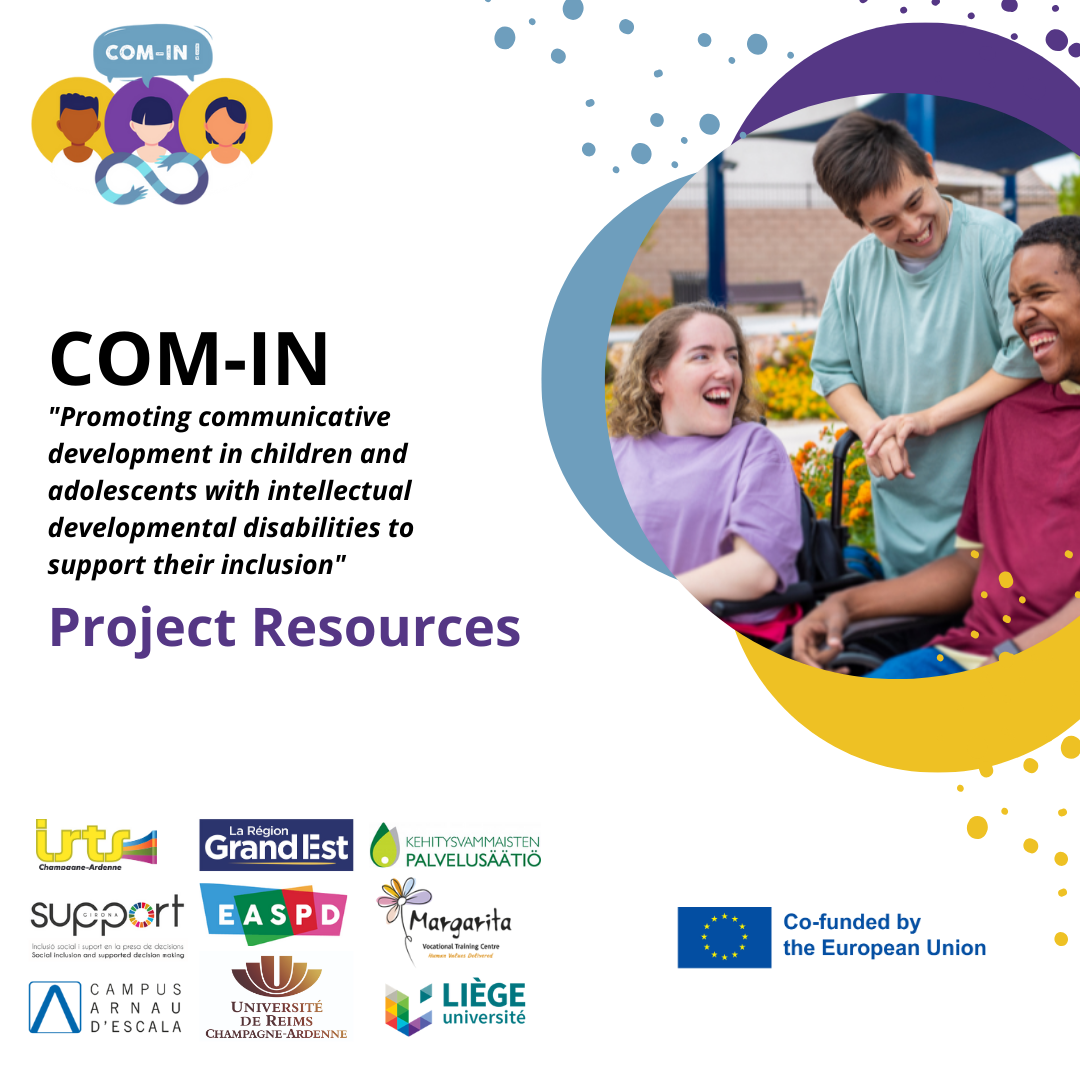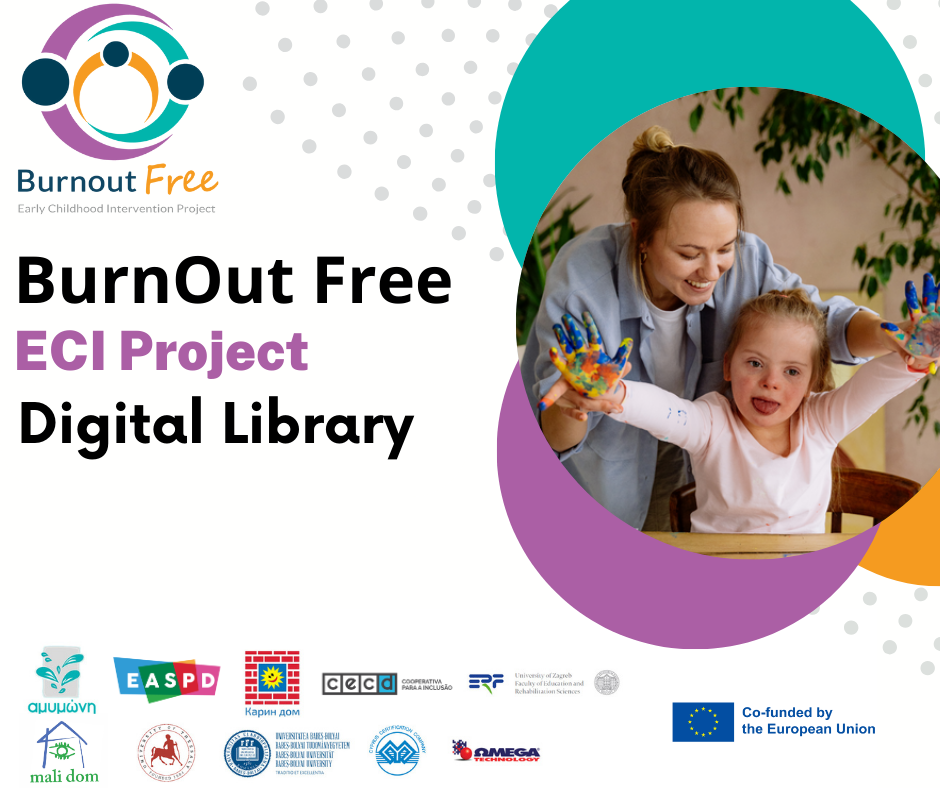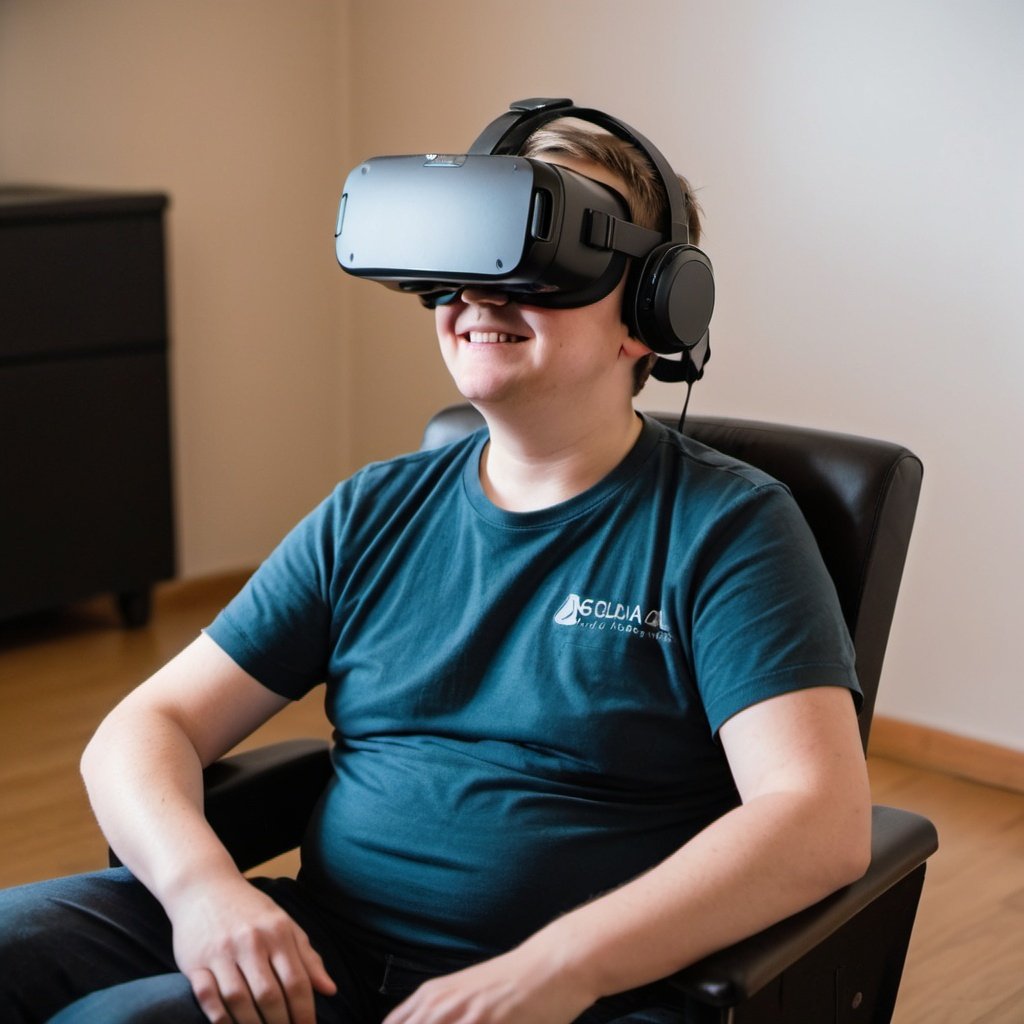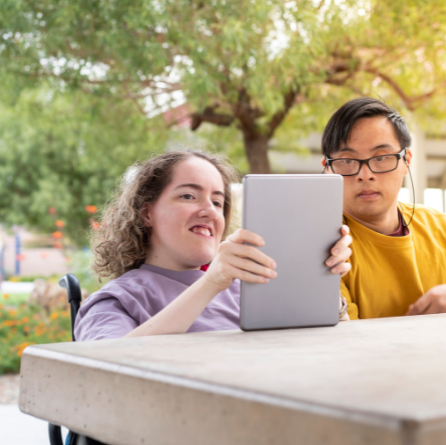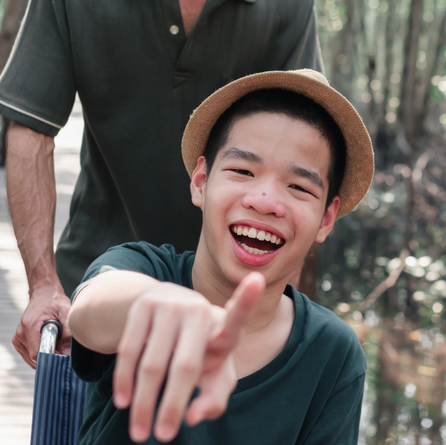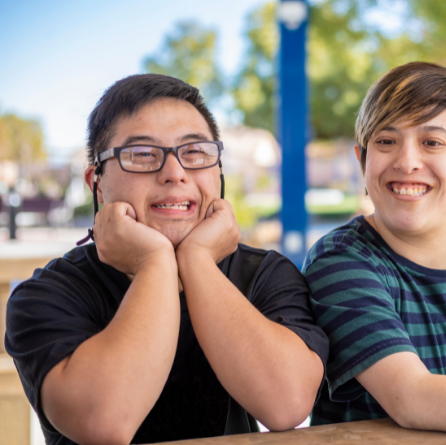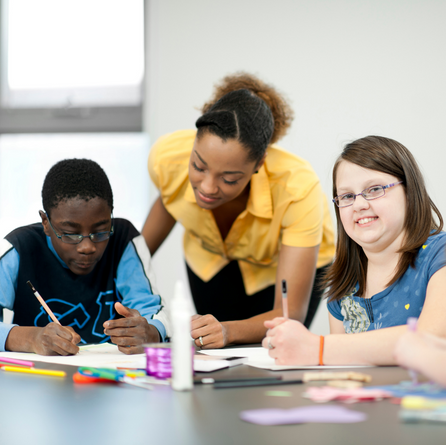CO-RESP helped the local economy to use ‘Socially Responsible Public Procurement’ (SRPP) to create jobs opportunities for persons with disabilities and other vulnerable groups. To achieve this, the project coordinated the exchange of good practices and enhanced the inter-regional collaboration between social economy actors and local authorities, specifically on maximising the use of SRPP.
The CO-RESP project co-funded by Single Market Programme (SMP COSME) and led by EASPD, the CO-RESP consortium is made up of 7 partners who are spread across different countries, forming a multidisciplinary consortium, which includes cities in Austria, Bulgaria and Spain:
Coordinator: European Association of Service providers for Persons with Disabilities (EASPD) (Belgium)
The European Association of Service Providers for Persons with Disabilities (EASPD) is an NGO in the disability field with wide European network encompassing 179 members representing around 17.000 services across Europe.
Zentrum für Sozialwirtschaft (ZfSW) (Austria)
Zentrum für Sozialwirtschaft GmbH - ZfSW is an Austrian consultancy and research organisation, very experienced in support systems for persons with disabilities, families, children and youth, the elderly and in frameworks for social services and social economy.
Bundesarbeitsgemeinschaft Inklusionsfirmen e.V. (BAG IF) (Germany)
‘Bag if’ is the federal association of inclusive companies in Germany. Promoting and working for inclusive employment for persons with and without disabilities.
National Alliance for Social Responsibility (NASO) (Bulgaria)
National Alliance for Social Responsibility (NASO) is a Bulgarian network organisation promoting the development of the social sector across Bulgaria and in partnership with the rest of the EU.
City of Dobrich (Bulgaria)
City of Dobrich is the second-largest city in Northeastern Bulgaria and the largest settlement in Dobrich District. The city of Dobrich is also an administrative and socio-cultural centre of the district of the same name. Its population is around 70.000 inhabitants.
City of Gleisdorf (Austria)
City of Gleisdorf is a city in the region of Styria in Austria. Gleisdorf directly has around 11.500 inhabitants, but it is one of the main cities of Eastern Styria with infrastructure for around 40.000 people.
City of Marina de Cudeyo (Spain)
City of Marina de Cudeyo is in the south of the Bay of Santander. It has a population of about 5,200 inhabitants.
Practices: Best practices are approaches or strategies that have shown an innovative in addressing a particular issue or challenge. Through research and evaluation, the CO-RESP project identified some practices that serve as example for socially responsible public procurement creating employment for persons with disabilities and they have the potential to be replicated or adapted in other contexts and regions. By evaluating promising practices using a rigorous and transparent process, we can ensure that we are showcasing examples that are noteworthy and in line with the UN CRPD. More information about the criteria in the CO-RESP report.
Uncover the transformative potential of the CO-RESP project through our project materials:
1. CO-RESP’s Declaration on Socially Responsible Public Procurement: This declaration advocates for the adoption of Socially Responsible Public Procurement (SRPP) by local authorities in accordance with the EU's Public Procurement Directive 2014/24/EU, aiming to promote social inclusion, sustainable growth, and employment opportunities for people with disabilities. (Available in English, Spanish, Bulgarian, German).
2. CO-RESP report: Socially Responsible Public Procurement (SRPP) for the Employment of Persons with Disabilities: This paper explores integrating disability inclusion in public procurement to foster inclusive employment for persons with disabilities in Europe, offering guidelines and case studies to support public authorities in promoting such opportunities effectively.
3. Local Action Plans: CO-RESP local authorities hosted in-person Local Roundtables, uniting stakeholders to exchange best practices and gather feedback for implementing socially responsible public procurement at the local level. The integration of Local Roundtable outcomes into each city's Local Action Plan refines public procurement practices to enhance SRPP implementation at the local level, leveraging insights from the CO-RESP project.
4. CO-RESP’s Recommendations for Replication: Promoting Inclusive Employment through Socially Responsible Public Procurement: The document summarises project findings on socially responsible public procurement for employing persons with disabilities, offering recommendations and guidelines for replicating successful practices in creating fair job opportunities.
5. CO-RESP Final Conference Report: This document gives an event summary, highlighting project results, SRPP practices in Europe, challenges, recommendations, and future opportunities for enhancing employment for individuals with disabilities and disadvantaged groups through SRPP.
The CORESP project has built a dynamic community of stakeholders involved in. To keep the community active beyond the end of the project, please use this link to share any news, request, or materials with the community of practice.




